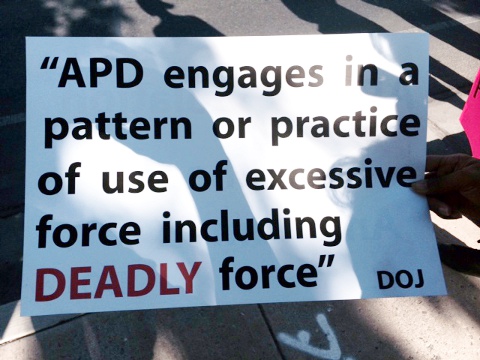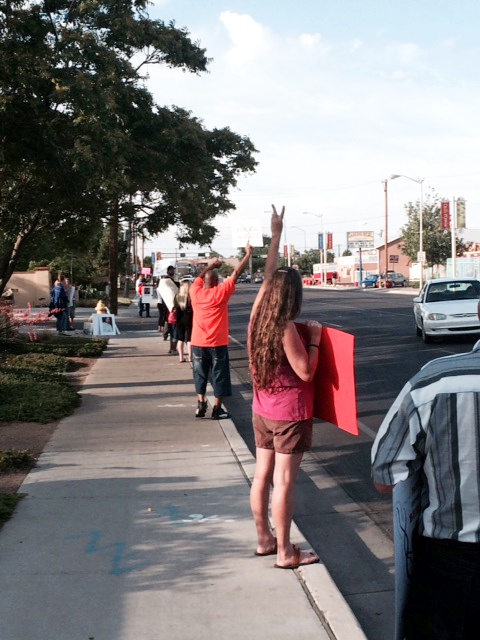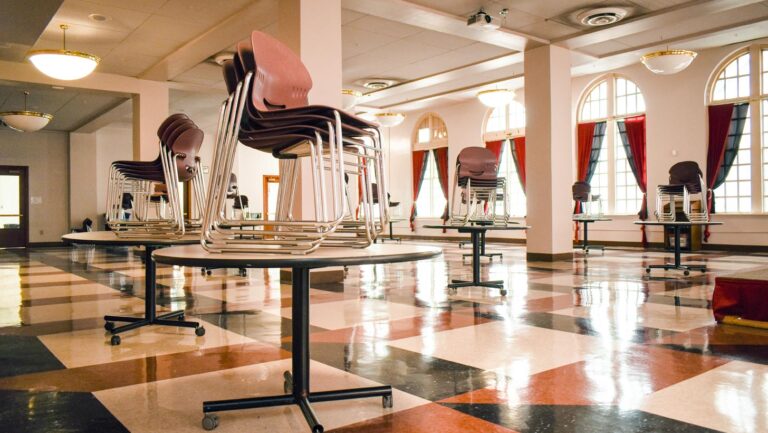On Raised Voices And Structural Inequality: Apd Protest Won’t End Until Justice Is Served
Apd Protest Won’t End Until Justice Is Served


Benjamin J. George






